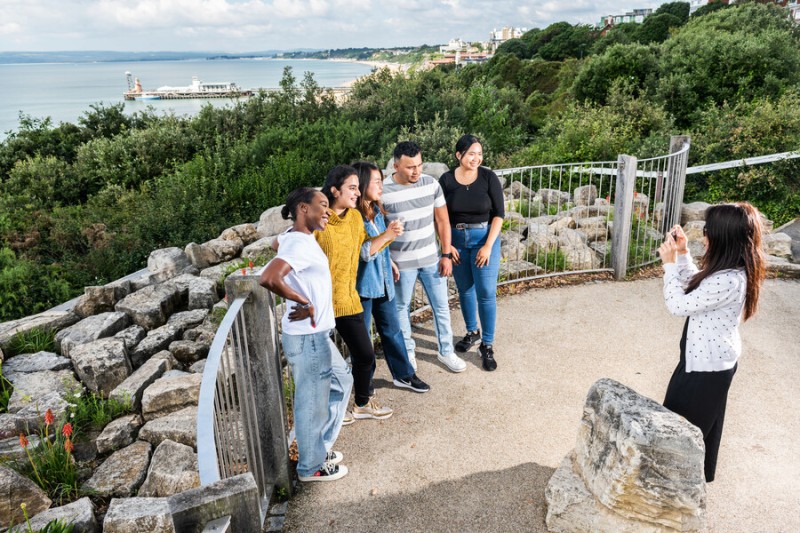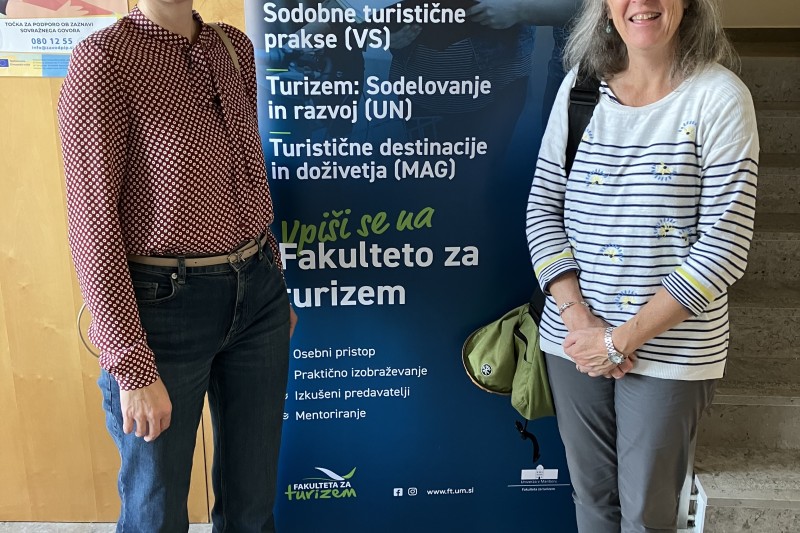The actively aged population, comprising over 60% of the UK's 50 and above, represents a growing and dynamic market within the hospitality and tourism industry. However, this group is far from homogenous, and defining them solely by impairments undermines the principles of inclusivity. Age-friendly facilities that foster active ageing are vital to promoting the health and well-being of this age group. The project led by Professor Dimitrios Buhalis from Bournemouth University Business School investigates the critical attributes of age-friendly tourism environments through a combination of qualitative and quantitative methods, identifying best practices in the industry. This project includes three studies, looking at different issues in tourism and hospitality services for the ageing customer group in Bournemouth – Christchurch – Poole (BCP).
The first study highlights varying degrees of readiness among stakeholders. While strengths were found in transportation and service attitude, significant gaps remain in safety, outdoor spaces, and information-communication technology. These findings underscore the need for a comprehensive approach to building age-friendly tourist destinations.
Utilizing the World Health Organization's Age-Friendly Communities (AFC) framework, the second study engaged 33 in-depth interviews and 133 surveys to capture senior tourists' perceptions of crucial environmental attributes. The results emphasize the critical role of collaboration among governments, tourism stakeholders, and the older adults in enhancing accessibility and inclusivity within tourism destinations.
The third study revealed that technology is also playing an increasingly important role, with platforms like social media, e-newsletters, and digital guides helping to promote active ageing in tourism. These tools facilitate engagement and provide essential information to older travellers, enriching their travel experiences.
Professor Dimitrios Buhalis underscores the significant impact of tourism in promoting active ageing, as travel enhances physical, mental, and social well-being. Travel keeps older adults active and supports a more inclusive and sustainable tourism industry that serves all generations. Despite infrastructure ownership and management issues, stakeholders are making strides in creating environments that encourage active ageing, ultimately benefiting both the tourism industry and public health sectors by reducing inactivity and promoting healthier lifestyles among older populations.



